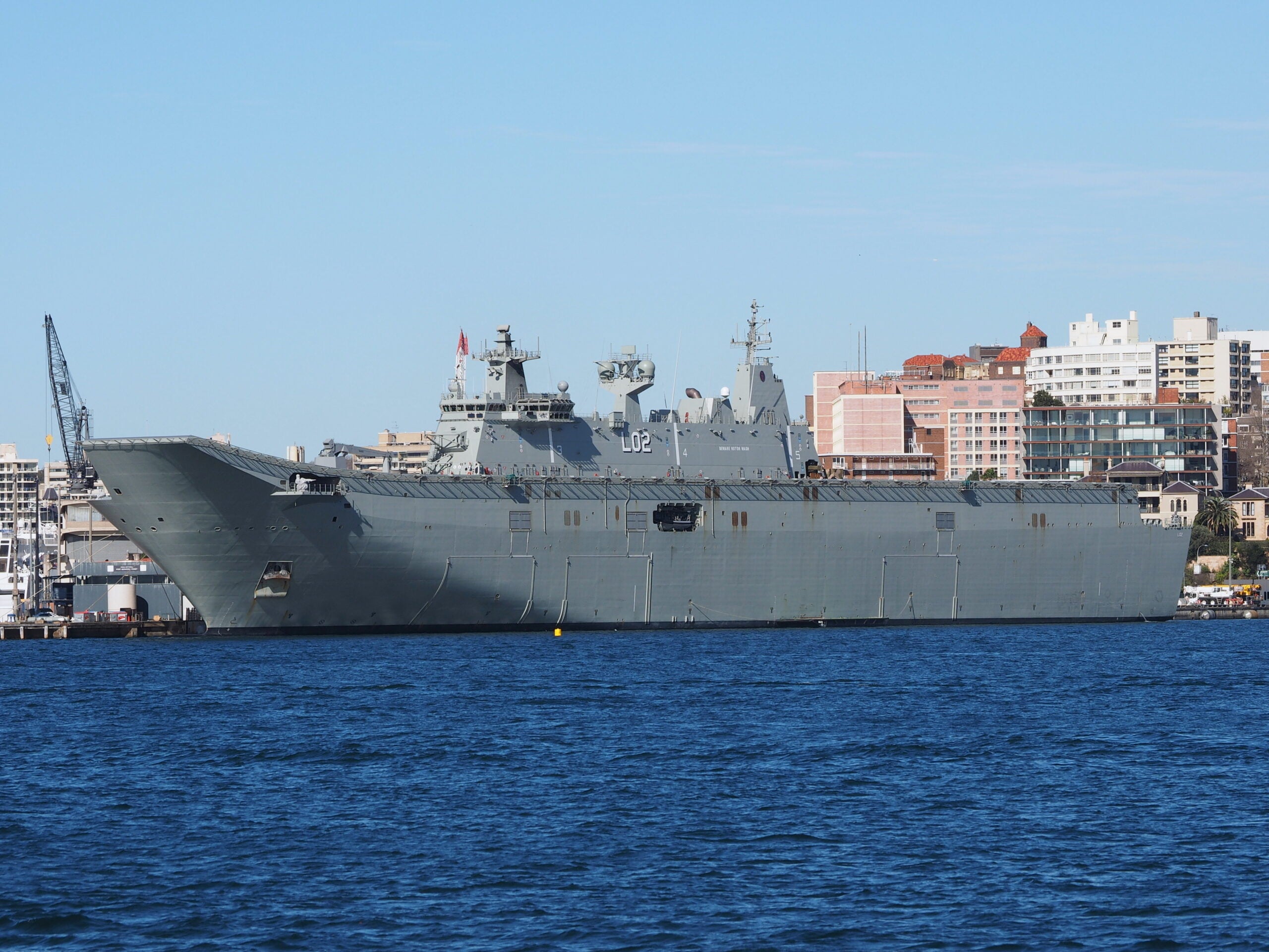
The Royal Australian Navy (RAN) has awarded a contract to CAE Australia to provide essential platforms and systems training to the RAN’s personnel ashore.
It was revealed by Australian Assistant Defence Minister Matt Thistlethwaite on 2 September.
The new training force platforms and systems training contract will further provide effective at-sea capabilities to the RAN personnel.
This contract has been awarded under the RAN’s efforts to employ new training systems for increasing the number of personnel in its existing workforce.
The plan includes inducting over 20,000 people into the RAN by 2040.
The latest contract has an estimated value of $34.01m (AUD$50m) and the work will commence in January next year.
Training for the RAN’s different classes of vessels was previously delivered under separate contracts.
The contract is expected to join training services for the RAN’s Hobart-class guided missile destroyers, Canberra-class landing helicopter dock (LHD), Huon-class mine hunting ships, Supply-class auxiliary oiler replenishment vessels.
It also includes other related cross-platform courses.
However, the new consolidated approach for delivering training services will provide innovation opportunities and enhance the training content’s efficiency and delivery.
Thistlethwaite said: “Consolidating platform and systems training into a single contract will allow the navy to deliver trained sailors to the fleet faster than ever before, generating a capable, productive and skilled workforce.
“The new training model will be flexible and based on-shore, meaning navy personnel will spend less time away from home and have greater access to training that suits their needs.”
According to Thistlethwaite, the RAN’s ability to operate and sustain the existing and future capability is crucial to support the Australian Department of Defence’s mission.


